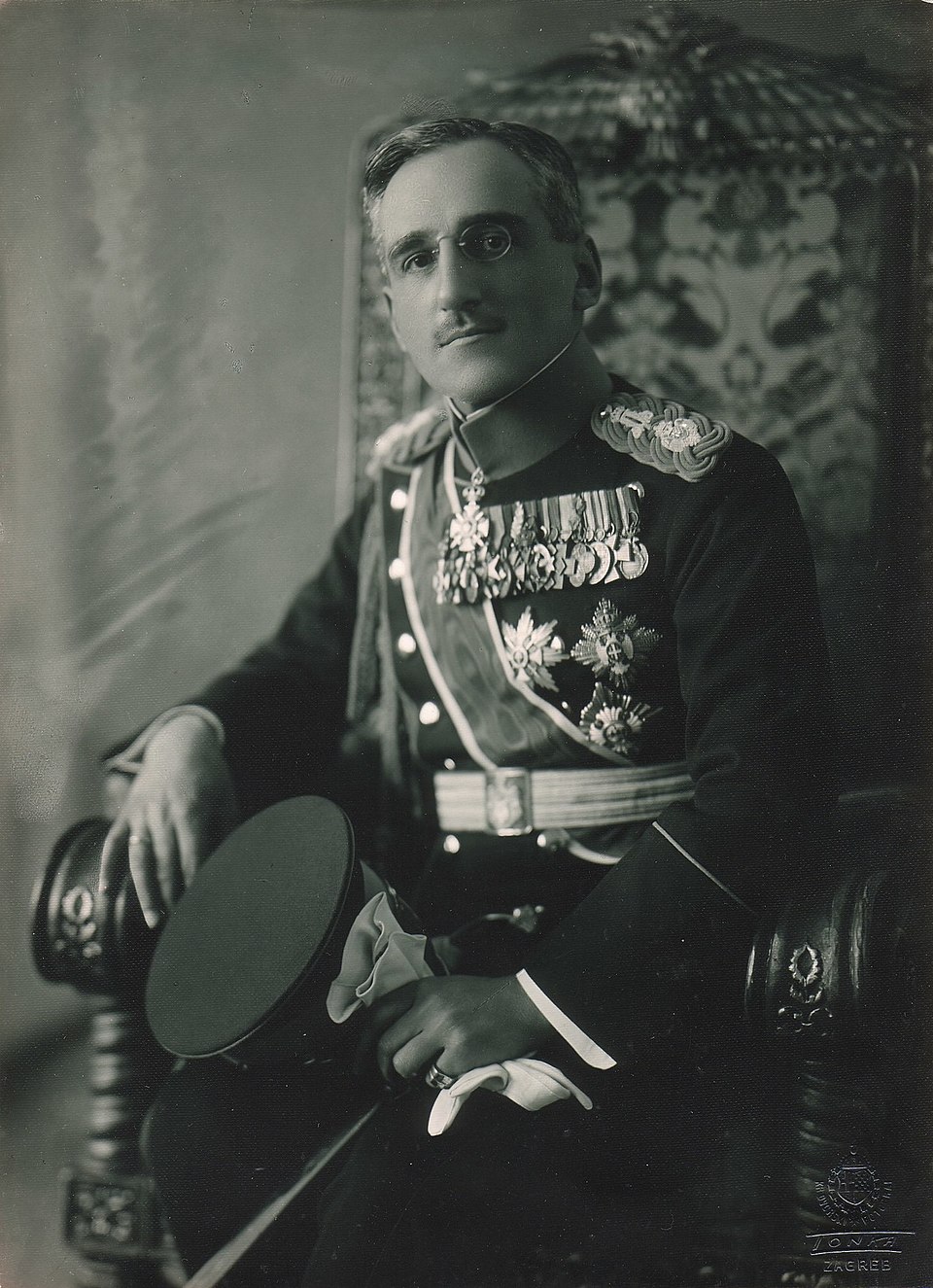
Kralj Aleksandar
Kralj Aleksandar I of Yugoslavia, also known as Alexander the Unifier, was the king from 1921 until his assassination in 1934. He played a crucial role in the creation of the Kingdom of Serbs, Croats, and Slovenes, which later became known as Yugoslavia. His reign was marked by attempts to centralize power and create a unified national identity amidst the diverse ethnic groups within the kingdom. Despite his efforts, he faced significant opposition and political unrest, leading to his eventual assassination in France. Kralj Aleksandar remains a significant figure in Yugoslav history, remembered for his vision of unity and the challenges he faced in achieving it.
Global Media Ratings
Countries Mentioned
No country-level mention data available.
Interactive World Map
Each country's color is based on "Mentions" from the table above.
Recent Mentions
 Serbia:
The article references Bulevar Kralja Aleksandra, a significant location in Belgrade.
5
Serbia:
The article references Bulevar Kralja Aleksandra, a significant location in Belgrade.
5